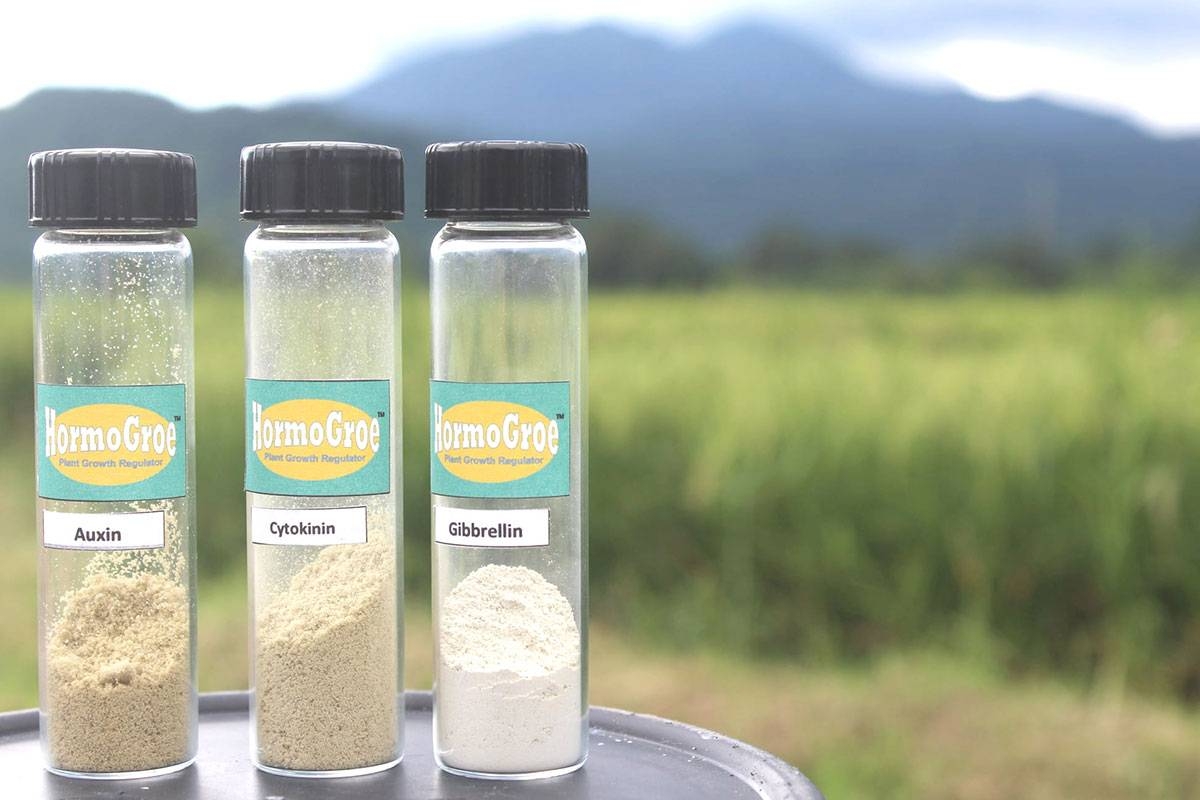A STARTUP company has built a facility for the semicommercial scale production of the plant growth stimulant called HormoGroe at the University of the Philippines Los Baños (UPLB) Science and Technology Park in Los Baños, Laguna.
The Southeast Asian Regional Center for Graduate Study and Research in Agriculture (Searca) granted construction funds for the pilot plant of MakilingTek, a spin-off company of UPLB researchers.
MakilingTek President Dr. Lilia Fernando said HormoGroe is a locally developed solution that can increase the yields and profits of farmers.
“With the pilot plant, we will be able to produce more, resulting in more farmers benefiting. We are moving steps away from doing research for academic and promotional purposes, and moving forward to doing research to address the challenges of the farming communities,” Fernando said.
He added that as a plant growth regulator derived from bacteria, HormoGroe is an economical alternative to synthetic and imported plant hormones.
“Its nanotechnology-based formulation offers the advantage of efficient plant uptake by 30 percent,” Fernando added.
Fernando explained that HormoGroe has formulations for root initiation, shoot growth, and fruit setting and flowering. Enhanced germination, plant survival, rooting and yield were especially observed with tests in banana, coffee, cacao, high-value vegetables and ornamentals.
The Searca Grants for Research toward Agricultural Innovative Solutions (Grains) was awarded in 2022 to the project entitled “Establishment of a Pilot Plant as Manufacturing Facility for HormoGroe Nanoencapsulated Plant Growth Regulators for High Value Crops Production.”
The equipment and materials for manufacturing HormoGroe were funded by another grant from the Department of Science and Technology Philippine Council for Industry, Energy, and Emerging Technology Research and Development.
“Grains supports startups and innovators with promising technologies aimed at uplifting the lives of farmers and farming families. Ripe for commercialization, HormoGroe is an example of how farmers can tackle poor soil quality without resorting to costly, imported or ineffective fertilizers,” Glenn Baticados, Searca Emerging Innovation for Growth Department Program head and assistant professor, said.




